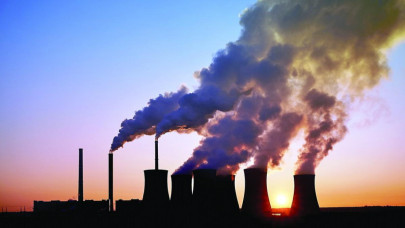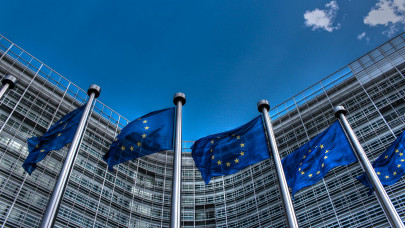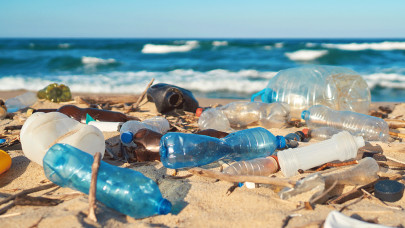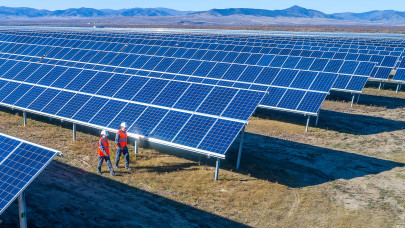The European Green Deal, with its Zero Pollution ambition, puts emphasis on cutting air pollution, which is among the key factors affecting human health. Full implementation of the air quality standards enshrined in EU legislation is key to effectively protecting human health and safeguarding the natural environment. Czechia and Slovakia have not correctly transposed this Directive into their national legislation, on issues such as, among others, the correct transposition of certain definitions, of some information requirements, or related to the setting of emissions limit values.
The Commission is therefore sending a letter of formal notice to both Member States, which now have two months to respond and address the shortcomings raised by the Commission. In the absence of a satisfactory response, the Commission may decide to issue a reasoned opinion.
The European Commission also calls on Bulgaria to apply the pollution-pays principle in calculating the waste management fee. The European Commission decided to open an infringement procedure by sending a letter of formal notice to Bulgaria for failing to apply the polluter-pays principle as laid down in the Waste Framework Directive (Directive 2008/98/EC).
In Bulgaria, the costs for waste management that citizens and businesses pay are based on the tax value of the property and do not take into account relevant parameters such as the quantity of household waste. Although Bulgaria amended its legislation to address the issue, the application of the provisions kept being postponed each year since 2015.
According to the latest information by the Bulgarian authorities, the application of the provisions could become effective in the following two years.
The Commission is therefore sending a letter of formal notice to Bulgaria, which now has two months to respond and address the shortcomings raised by the Commission. In the absence of a satisfactory response, the Commission may decide to issue a reasoned opinion.













